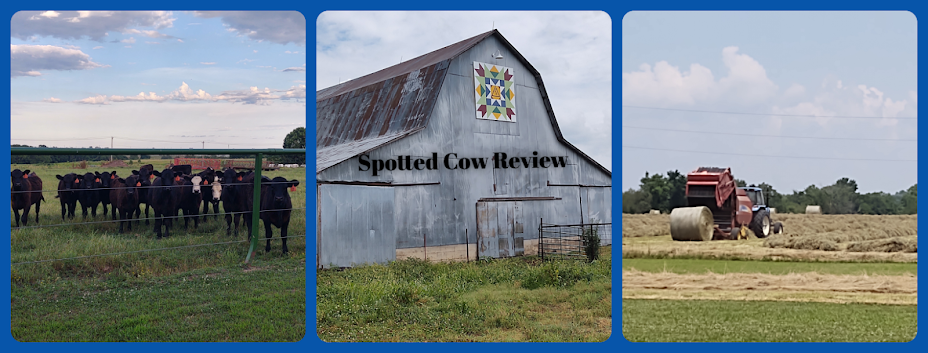Dairy farmers support practices that make economic sense,
help the environment and are socially responsible to our
communities and our world.
A great example of this farming practice statement is the hay crop that
we are cutting this week has been fertilized with the manure produced
by our cows. Utilization of cow manure increases the water retention of
the soil, adds needed nutrients for crop growth and protects
the water quality of our farm by following our farm plan
designed for environmental protection.
I'm thankful for the hay crop that not only feeds the cows but
for the dairy farmers that work everyday using best management
practices to insure that our land will be left in better shape for the
next generation of family farmers.







.jpg)




.jpg)


















